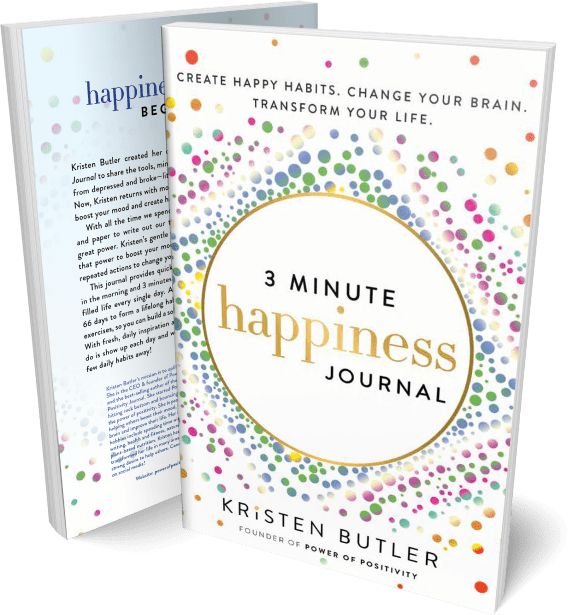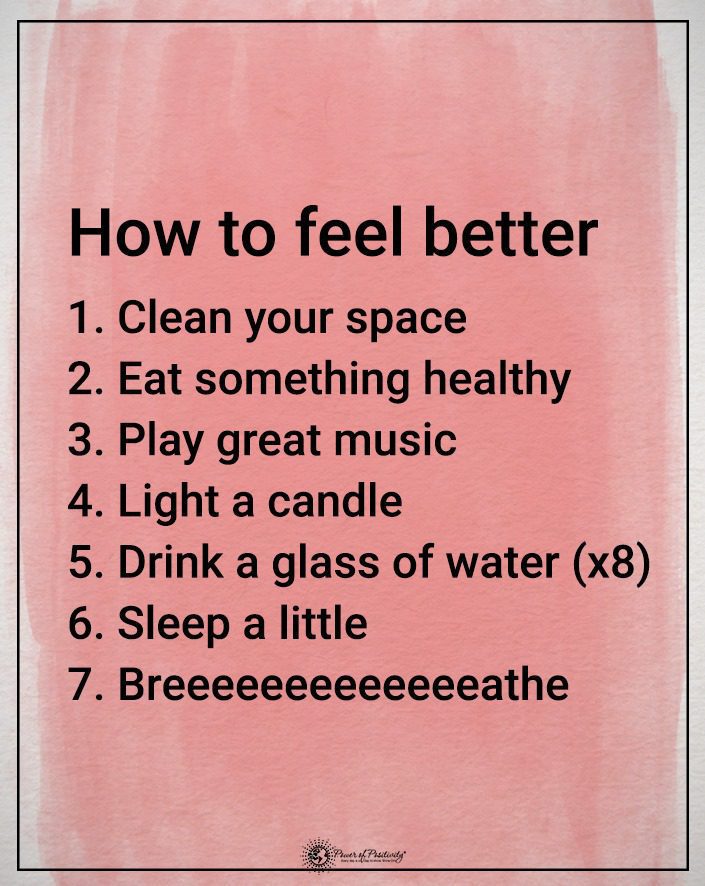Try a happiness journal to foster a more joyful outlook.
It’s never too late to discover the joys and benefits of keeping a happiness journal. You can save a record of your daily activities and how you feel about them. Journaling can be fun and offer a genuine picture of your thoughts, ideas, and greatest dreams. Besides that, the emotional release is cathartic.
How Keeping a Journal Supports Emotional Release
Many people use their souls as a sealed warehouse for their hurts and unsettled emotions. If these feelings are left to fester, they can adversely affect your entire well-being. Here are ten ways to experience emotional release and healing using a journal.
1. Identifying Your Feelings for Emotional Release
Remember in grade school when you studied emotions and had to color faces that displayed each emotion? Today, kids would be coloring a few more faces. According to an article published by UCLA, researchers have identified at least 27 human emotions.
Most of the time, you know how you’re feeling. However, sometimes you’re perplexed, and your emotions are whirling. Journaling offers you an emotional release and a way to label your feelings.
For example, you may be angry when writing a journal entry. When you later reflect on your writing, you might realize your emotions were more profound than anger. Anger is often the easiest to show, hiding hurt, fear, and grief.
2. Discovering Patterns in Your Life
Various patterns in your life aren’t always apparent at first. Some of these patterns are beneficial, while others may not be in the long run. One of the benefits of journaling is that you can gain more clarity and distinguish patterns and how they affect you.
Let’s say you’re on a weight-loss journey, and journaling is one of your tools. Past entries can reveal your thoughts and actions about losing or gaining a few pounds. Once you’ve identified a pattern, you can modify your behavior and see how it benefits your goals.
3. Reducing Your Stress
Humans would have become extinct millions of years ago if it weren’t for the primal survival response. Your brain perceives any stressor as a threat and immediately goes into survival mode to protect you. The problem is that the brain can’t differentiate between harmless and life-threatening stress.
If your stress levels are high, your body stays in survival mode, which can be detrimental to your health. An article published by the University of Michigan suggests that journaling may reduce stress by providing emotional release of negativity.
Instead of bottling your emotions, writing in your journal can give voice to what you’re feeling. You record all the things that are making you anxious. Reviewing what you wrote can provide clues for possible solutions to a problem.
4. May Boost Your Gratitude
For most people, joy and gratitude go hand-in-hand. The art of being grateful helps you transcend the fickleness of happiness to enjoy absolute pleasure. While it doesn’t mean your life will be without pain and sorrow, it gives you more strength to cope.
Journaling is an ideal way to count your blessings. You may see countless reasons for gratitude when you add to your list and review it daily. You may experience an emotional release to free you from jealousy, envy, and depression.
5. Emotional Release from Journal Writing Increases Your Optimism
To be an optimist, you needn’t believe your life is the perfect bowl of cherries. Positive thinking is based on reality and has nothing to do with delusions. It means you can find a hidden blessing even in your darkest hours.
You’ll see the law of attraction at work when you’re determined to be positive. As you keep a record of your thoughts and feelings in your journal, the silver lining may be more evident. You send positive affirmations into the Universe, it agrees, and you attract more positive energy.
The more positive results your way, the more optimistic you become. Of course, it’s not a magical spell that will make your life perfect. However, you’ll attract more positive energy and have less negativity to battle.
6. Solidifying Your Identity
It almost seems clichéd when people say they don’t know who they are or need to “find” themselves. The truth is that most people long for the answers to the classic existential questions of identity and purpose.
Trauma and other adverse experiences can sometimes leave you wondering who you are. Keeping a journal can remind you of who you were and are now. It’s continuity and flow of thought that can give you emotional release. You remember your dreams and focus on your path for the future.
7. Identifying Your Triggers
Triggers are words, actions, or things that cause you to experience a particular emotion. For example, seeing a tempting plate of cookies in a magazine may trigger your emotional eating habit. On a positive note, seeing a rose might bring back the same infatuation you had on your first date.
Depending on your emotions and reaction, your trigger may be beneficial or harmful. Reflecting on your journal entries may help you identify these triggers and how to minimize them. You can also work on ideas of how to act instead of reacting and cope with your challenges better.
8. Boost Your Confidence
Having faith in your abilities isn’t always a given. Often, you need to be your cheerleader and use past examples. What are some of your most significant accomplishments or significant adversities you’ve overcome? Journaling can be your key to saving all these memories when you need them most.
9. Encouraging Your Ability to Forgive
When somebody betrays or hurts you, the offense is carved indelibly in your heart and mind. If you continue to meditate on it, you forge chains of bitterness that shackle your soul. The offender still has power as the raw emotions keep repeating in your mind like an endless nightmare.
Forgiveness is the key that will unlock those shackles of anger and resentment. As you write in your journal, it can be an emotional release that leads to healing. You can’t forget the hurt the person caused, but you can choose to forgive and move on.
Even more importantly, writing down your feelings can encourage you to forgive yourself. Maybe there are things in your past that you need to put behind you. Being honest with your emotions might be your first step.
10. The Emotional Release Helps to Develop Your Intuition
Since your emotions and intuition are connected, putting your feelings into words can allow you to hear your inner voice. You may be surprised at how this small voice speaks to your current situation. The more you journal and develop your intuition, the more you learn to trust yourself.
How to Keep a Journal
Isn’t it refreshing that the only rule to keeping a journal is that it’s up to you? Your journal can be a powerful tool to help you record daily events, your thoughts, and dreams and provide emotional release. Try these helpful hints to get you started.
1. Decide Your Writing Medium
People kept loose-leaf paper journals in the past, and evolved into bound notebooks. Your journal can be as simple or elaborate as you want. Some people prefer plain notebooks, while others love fancy inscribed journals.
If you want, you can even journal on your computer. Use colorful pens or pencils and embellish your writing with your artwork if you like. Whichever style resonates with you is the best one to choose.
An essential part of keeping a journal is your privacy. Every entry you make is for your eyes only; you’re not obligated to show it to anyone. However, it’s also your right to choose to share it with someone you love as you see fit.
2. When to Journal
There are also no steadfast rules regarding when and how often you write in your journal. Many people like to record the events of the day and their thoughts in the evening. Everything is fresh on your mind, and you’ll have a more accurate account of posterity.
You can also feel free to write in your journal anytime you feel inspired or overwhelmed. It’s your outlet for emotional release without pressure or outside judgment. Whether you write daily or weekly, the idea is to write as it benefits you.
3. Where to Journal
Your journal is about you; you can write wherever you feel most comfortable. If you’re like most folks, you probably prefer a quiet, secluded place where you can be alone with your thoughts. It can be in your peaceful sanctuary at home or while enjoying the natural inspiration of the outdoors.
Final Thoughts about Emotional Release and Keeping a Journal
Reflecting on your innermost thoughts and feelings can be revealing. You’ll discover more about yourself and may see ways to improve your mindset. It won’t be an instant miracle, but writing in your journal can be the emotional release you need.


















 Community
Community

